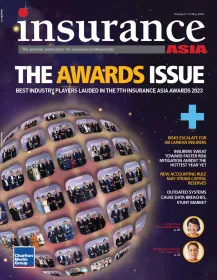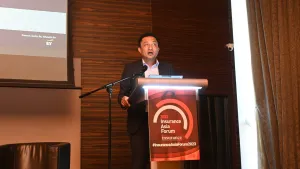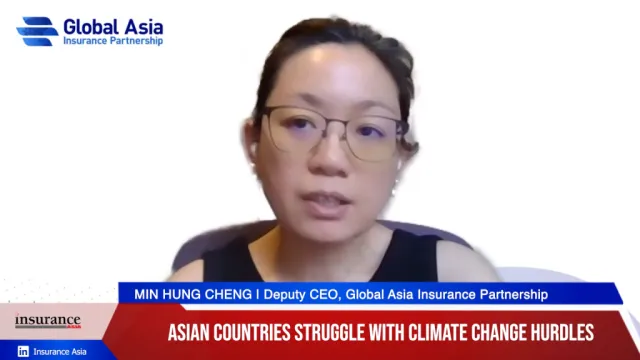
Lower inflation rate moves Japan’s insurers to secure necessary reinsurance capacity in renewals
There has been a shortage of new capital entering the market due to rising interest rates.
The majority of Japan’s non-life insurance companies (including cooperatives and Small Amount and Short Term Insurance companies) are traditionally renewed last April (typical fiscal year), according to Toa Reinsurance’s report.
Japan’s Insurance Market 2023 report said the January renewals, significant increases in reinsurance rates and stricter terms and conditions were implemented, regardless of the previous treaty's performance.
However, during the April renewals in Japan, insurers generally managed to secure the necessary reinsurance capacity. This was partly due to Japan's lower inflation rate compared to other countries and continuous improvements in terms within the primary insurance sector over several years, including original rate increases, which were taken into account by reinsurers.
Despite the growing demand for reinsurance capacity, driven by overseas catastrophic losses and global inflation, there has been a shortage of new capital entering the market due to rising interest rates.
In the Property insurance sector, some reinsurers reduced their capacity due to unfavourable performance in recent years. Pro-rata treaty terms were further tightened, with an increased use of mechanisms like reverse franchise.
In the Personal Accident insurance business, the spread of COVID-19 prompted many reinsurers to request full exclusions for infectious diseases. Some insurance companies accepted these exclusions, while others tried to secure capacity for infectious diseases by significantly limiting the scope of coverage.
ALSO READ: Japan’s insurance claims reach Y23.9b end-July – GIAJ
Regulatory trends
In response to significant shifts in both the domestic and global financial landscapes, the Japanese Financial Services Agency (JFSA) has been actively engaging with financial institutions in recent years.
Their aim is to enhance these institutions' business infrastructure, ensure their financial stability, and encourage the development of sustainable business models, all while prioritising customer perspectives to align with financial administration goals.
Given the evolving environment, the JFSA has emphasised that insurance companies must adapt by streamlining their operations through digitalization, establishing sustainable business models, and creating products that cater to changing customer needs.
They are urged to consider long-term changes in the business environment, including factors like declining birthrates, an aging population, increased natural disasters, and a shrinking auto insurance market.
Furthermore, as insurance companies expand their global footprint, the JFSA has stressed the importance of clear overseas strategies to capitalize on economic growth in foreign markets. Strengthening governance on a global scale is also encouraged.
To support these objectives, the JFSA has initiated dialogue with insurance companies to facilitate their progress in these areas.
Additionally, the JFSA is conducting studies with the aim of introducing a new economic value-based solvency regulation by the fiscal year 2025, aligning with the International Association of Insurance Supervisors' (IAIS) introduction of the Insurance Capital Standard (ICS).











 Advertise
Advertise












